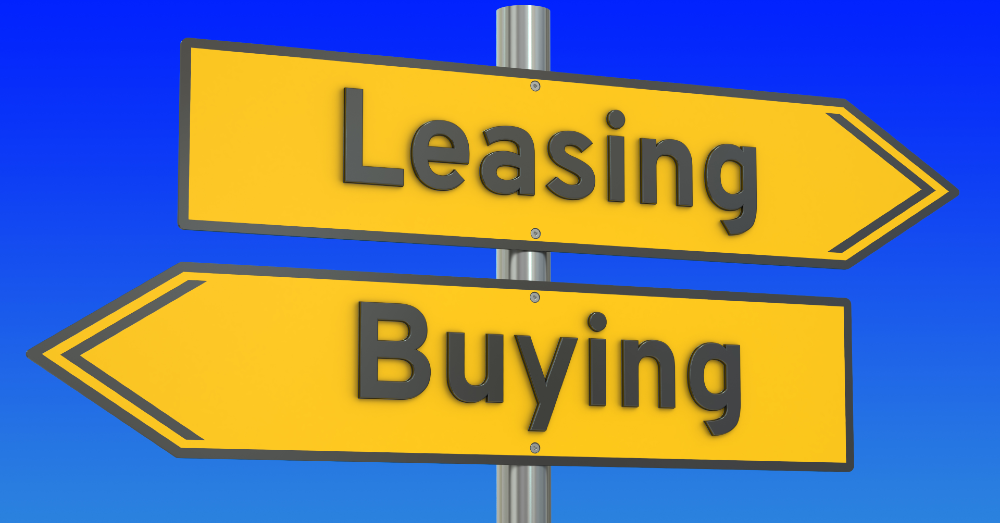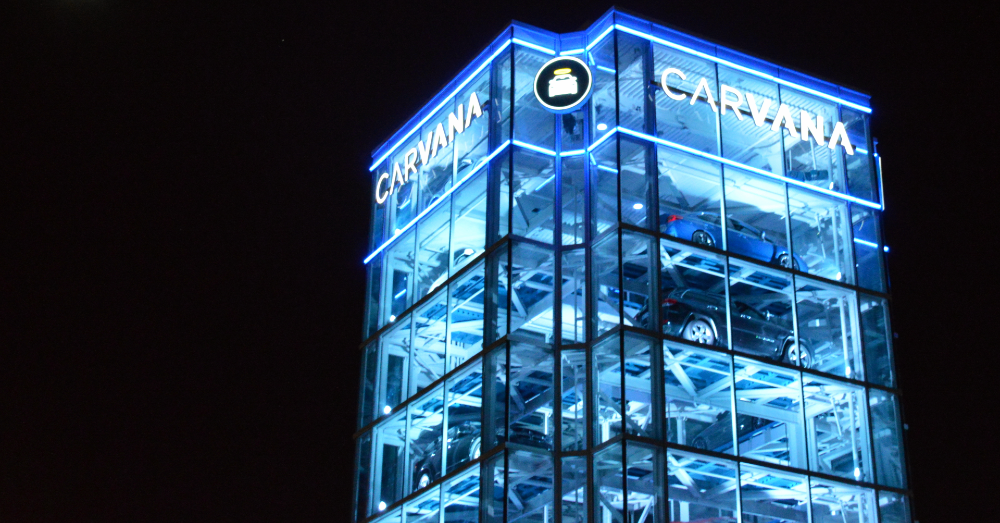
The Pros and Cons of Leasing vs. Buying a Car
You’ve got two choices when you want to drive a new car: should you lease or buy? Here are some pros and cons of leasing vs. buying a car.
Like everything in life, the way you drive and how you pay for the car you drive comes with choices. Should you purchase the car and own it, or should you lease the car and return it after the lease is up? Let’s review some pros and cons of leasing vs. buying a car.
What happens when you lease a car?
If you enter into a lease, you pay for the right to drive the vehicle for a designated period of only three or four years. Dealers often finance leases, and you have to pay some fees, but when the lease term is over, you get to return the car to the dealer. Here are some of the pros and cons of this type of car payment.
Pros of leasing a car
A car lease could be the right choice for you when these benefits make sense to you.
- Lower payments – Lease payments are generally much lower than purchase payments. You’re paying for the anticipated depreciation on a vehicle, not the full price of the entire car. This means lower monthly payments, which might fit perfectly in your budget.
- Lower down payment – Some lease programs come with a “no money down” benefit, which means you can drive off the lot without paying anything toward the vehicle. Of course, this is usually only the case during a promotion.
- Lease and warranty often match – Vehicles with a 3-year/36,000-mile warranty often have lease programs that match this term. That means it’s pretty easy to stay protected and drive with confidence during the lease term.
Cons of leasing a car
When considering leasing vs. buying, you’ll want to know the drawbacks, which for leasing are:
- Mileage restrictions – You must stay within the annual mileage restriction or pay a premium to drive beyond the agreed-upon mileage. Usually, the mileage restriction is 10,000 to 15,000 miles per year, and the added fees can add up and are usually at least 30 cents per mile.
- Excessive wear fees – If the leased vehicle isn’t returned in pristine and perfect condition, you’ll have to pay an excessive wear fee. This includes anything that isn’t small scratches and dings that are normal while driving.
- Termination is difficult – Leasing a car is a contract with the leaseholder, and many companies won’t let you out of the lease before the contract ends. This means you’ll have a hard time switching to another vehicle during the lease term.
- It’s not your car – If you want to own the car you lease, you won’t be able to do so until the lease term has ended.
What happens when you buy a car?
Buying a vehicle means it’s yours once you drive off the dealership lot with the vehicle. Your monthly payment goes toward this ownership. Here are some pros and cons of buying a car when comparing leasing vs. buying.
Pros of buying a car
You can build equity in a car that can be a valuable asset when buying a car; here are some great benefits.
- No mileage limit – You can drive your car as long and as far as you want when you purchase a vehicle. You won’t face any extra fees for driving long distances.
- No excessive wear charges – The car is yours; you can wreck it, change it, or damage it in any way possible without the dealership or lien holder charging any fees.
- Sell or trade at will – Even if you still have a loan on the car, you can trade it for another, and when the loan is paid off, you can sell it however you want. When you trade a vehicle, the dealership makes an offer based on the mileage, market value, and condition of the vehicle.
Cons of buying a car
You’ll face some drawbacks when entering a car loan, which are:
- Higher monthly payments – Payments when buying a car are for the vehicle, not the depreciation. This causes car loan payments to be greater than lease payments.
- Larger down payments required – Most car loans require a large downpayment to secure financing. This is one of the drawbacks when considering buying vs. leasing with any vehicle
- Maintenance responsibilities – Because you own a car when you buy it, you have to take care of the maintenance and repairs without any other interest. Leased vehicles are owned by the financial institution, and maintenance programs are available to ensure the vehicle is in good condition when returned.
Understanding some of the pros and cons of buying vs. leasing a vehicle, will you buy or lease your next ride?
This post may contain affiliate links. Meaning a commission is given should you decide to make a purchase through these links, at no cost to you. All products shown are researched and tested to give an accurate review for you.



